=========
=========
Promoted from the diaries by streiff. Promotion does not imply endorsement.
=========
=========

Ever since Trump won the election in 2016, according to alleged legal experts on the Left, we are headed for, or actually in a constitutional crisis. The phrase has been bandied about without limit so often that it is now basically meaningless. The fact is, these people crying wolf would not know a constitutional crisis if one fell out of the sky and hit them on the head. According to the National Constitution Center, there have been five legitimate constitutional crises: the election of 1841, southern secession in 1861, the election of 1876, Nixon’s claims of executive privilege in 1974, and a replay of the 1876 election in 2000. All were resolved and the Republic still stands.
Of course, it helps to define what a constitutional crisis is and here, Fivethirtyeight does a decent job describing four examples. The first is where the Constitution does not say what to do. A perfect example was the 1841 election.
A second consideration is the open interpretation of the Constitutional text. There is no doubting, for example, that a President’s pardoning power is plenary, but can a President pardon himself? Usually, presidential politics spurs some conflict when the Legislative branch believes the Executive is claiming too much power. That was certainly the case several times in history. Congress censured Andrew Jackson over his steps to end the Second Bank. The War Powers Act drama, and Nixon’s claim of executive privilege fall within this area. Even the definition of “high crimes and misdemeanors” in the Impeachment Clause is open to debate.
Third, the Constitution tells us what to do, but it is politically not feasible. The 27th Amendment in 1967 resolved the issues left over from the 1841 election. In contested elections, such as 2000, the 12th Amendment tells us what to do, but the last time the House of Representatives chose a President was 1824. But, this begs the question: If the Constitution tells us what to do, but we “choose” not to follow those directions, is the “crisis” even “Constitutional” in nature?
Finally, there are the examples where the institutions themselves fail. But, there are always conflicts between the various branches of government. So what makes one a crisis and the other not a crisis? In the case of the Left recently, apparently anything Trump says (note: not does). Hence, to them, the election of Trump is an example of an institution failing.
As the Fivethirtyeight article states:
True constitutional crises are rare. The Constitution is set up so that power is shared between the president, Congress and the courts, and between the federal government and the states. This cuts down on vacuums where no one has clear authority, instead creating situations where multiple people or institutions are empowered to act. Serious constitutional crises occur when our institutions are rendered ineffective, which is usually about politics more than process, and often has less to do with how institutions were designed than with how legitimate they are perceived to be.
The latest Leftist kerfuffle ratcheted up to constitutional crisis involves Trump’s tweet where he claims to have the power to pardon himself, then continues with why should he when he did nothing wrong? Let us, for the sake of argument, say Trump grants himself a pardon. We know this is uncharted legal territory because it has never been done before. During the Watergate scandal and Clinton’s impeachment, different administrations came up with different conclusions. From a practical and political standpoint, it is sort of an admission of guilt for “something.”
However, assume he does so just to test the legal waters. First, no level of law enforcement is going to arrest a President while in office. The pardon would affect Trump only after he left office. By that time, the courts and the Supreme Court would likely weigh in and most likely not in Trump’s favor. We have a long tradition of not allowing one person to be judge and jury of their own case and the courts would likely place great weight on that legal doctrine. Assuming the Supreme Court invalidated the pardon, then law enforcement can arrest and charge him with a crime. Of course, any successor could then pardon him as Ford pardoned Nixon.
But the entire subject is academic and hypothetical and these academic/hypothetical musings are not constitutional crises! And we can look at most of what the Left has said is a crisis. When he ordered the so-called “Muslim ban,” that was described as a crisis. Yet the administration complied with the court orders and challenged them all the way to the Supreme Court. The firing of James Comey was a crisis regardless of the fact that the FBI Director serves at the pleasure of the President and is not some quasi-independent branch of the federal government. The FBI and the DOJ are parts of the Executive Branch. Then there is the speculation about the impending firing of Robert Mueller which seems to have happened every time Trump takes to Twitter. Even that would not be a constitutional crisis any more than the so-called Saturday Night Massacre during Watergate slowed the wheels of justice.
While the Left, through their “legal experts” on television news, muse about these never ending crises of a constitutional nature, Trump fans the flames with what can best be described as Twitter trolling. A legal letter from Trump’s attorneys to Mueller has been described as a crisis even though no suggested actions in that letter have occurred. Again, we are dealing with legal hypothetical ideas, not actual actions.
If he fires Mueller, it may be a political crisis for his administration, but he is clearly within his constitutional right and authority to do so, just as Nixon had that right and authority to fire Archibald Cox. The only thing that made that a “massacre” was the refusal of others to carry out a constitutional order by the President.
The Left and the NeverTrumpers need to cease using the phrase “constitutional crisis” to describe every utterance or action by Trump. We can rightfully argue about whether Trump’s views, or those of his legal advisers, are an enhancement of Presidential power and whether that is good or bad for the Republic and its constitutional order. But, the Left and NeverTrumpers are like the little boy crying constitutional crisis wolf when the wolf is simply words on a page of a letter, or a presidential tweet. In the end, they are proving themselves to the deplorable rubes we thought they were all along.

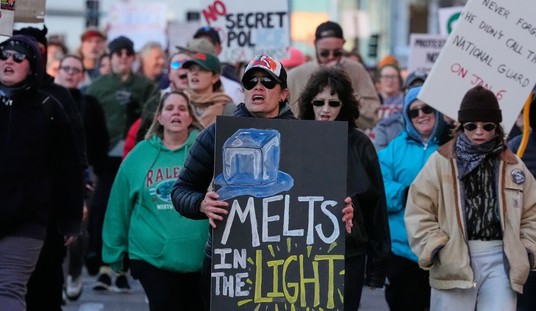
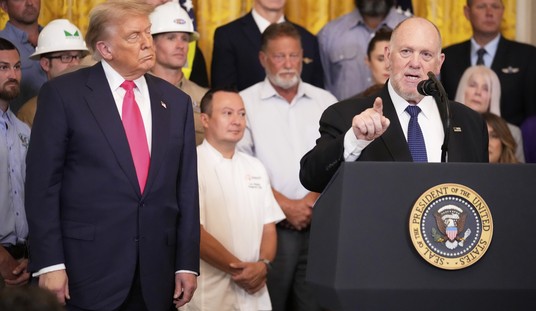



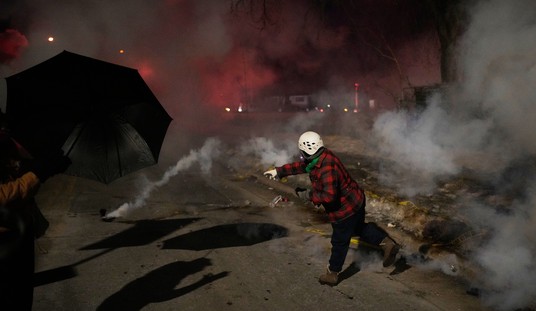



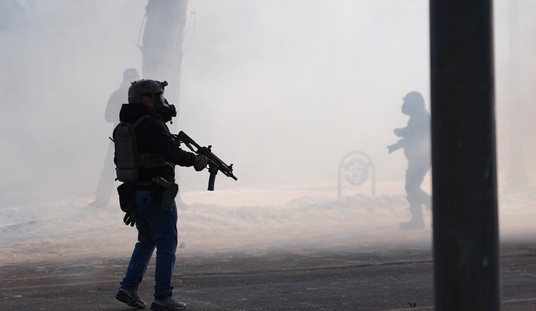

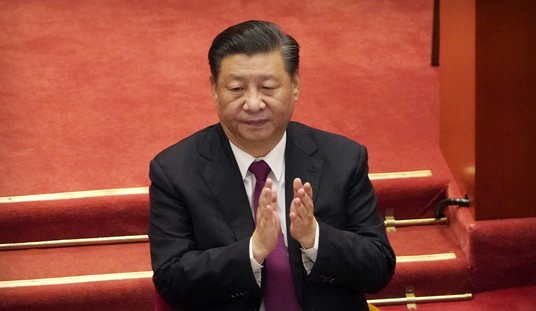
Join the conversation as a VIP Member